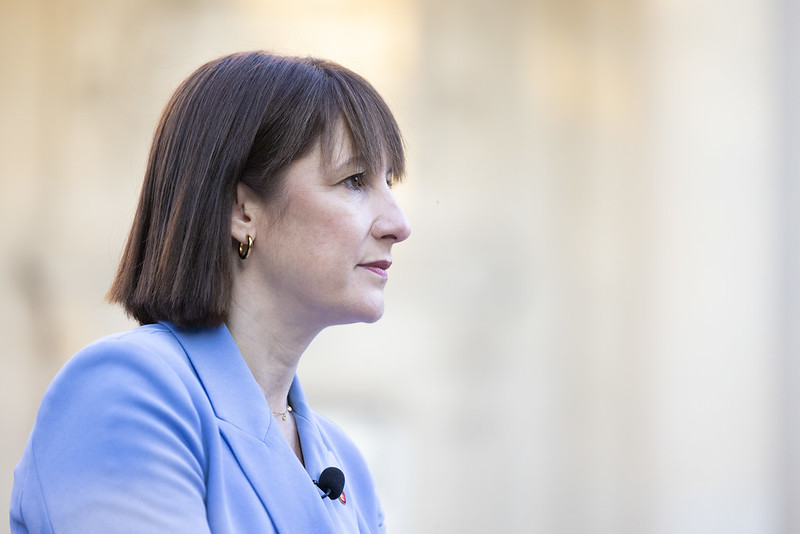
Rachel Reeves is considering plans for a tax on homes worth over £1.5m as part of plans to close a large hole in the public finances.
One measure being weighed up by the Chancellor and the Treasury is to end the longstanding capital gains tax exemption on primary residences above £1.5m, according to a report in the Times.
Homes sold above that level would be subject to a capital gains tax at 18% for basic-rate taxpayers and 24% for higher-rate taxpayers.
Officials believe that this threshold, the Times said, would hit around 120,000 homeowners who are higher-rate taxpayers with capital gains tax bills of just under £200,000.
Rightmove property expert Colleen Babcock says such a move, which some have dubbed a mansion tax, would impact homes in “the most expensive areas of London and the South East”.
The property website says that the proportion of homes for sale over £1.5m in London is 10.9% and 4.4% in the South East, while the national average of homes sold above this level, excluding the capital, is 1.6%.
Babcock adds: “The London market is already feeling the effects of taxation more acutely than other parts of England, and this is likely to deter some moves at the upper end.
“While our data shows that only a small proportion of homes for sale are in this price bracket, alongside the proposed stamp duty changes, it could be a double whammy for the capital.”
Other property experts say such a move would also hit pensioners who have lived in the same large house for decades , but who are on modest incomes.
Canada Life retirement income director Nick Flynn says: “Many pensioners have very modest incomes, despite living in properties that have appreciated in value over the years.
“These individuals may need to rely on their properties to help fund retirement costs, particularly given the prevalence of under-saving into pensions.
“Taxing main residences will limit people’s options, discouraging mobility in the housing market and freezing people in homes that are larger than they need — running counter to wider housing policy objectives.”
Any such move by the Chancellor would not come until the Autumn Budget.
Reeves is understood to be working on a range of measures as she confronts a hole in the public finances of at least £20bn.
Labour has pledged not to raise income tax, employee National Insurance, or VAT.
Yesterday, another report said that Reeves is weighing up a new tax on the sale of properties worth over £500,000 as part of wider stamp duty and council tax changes.



